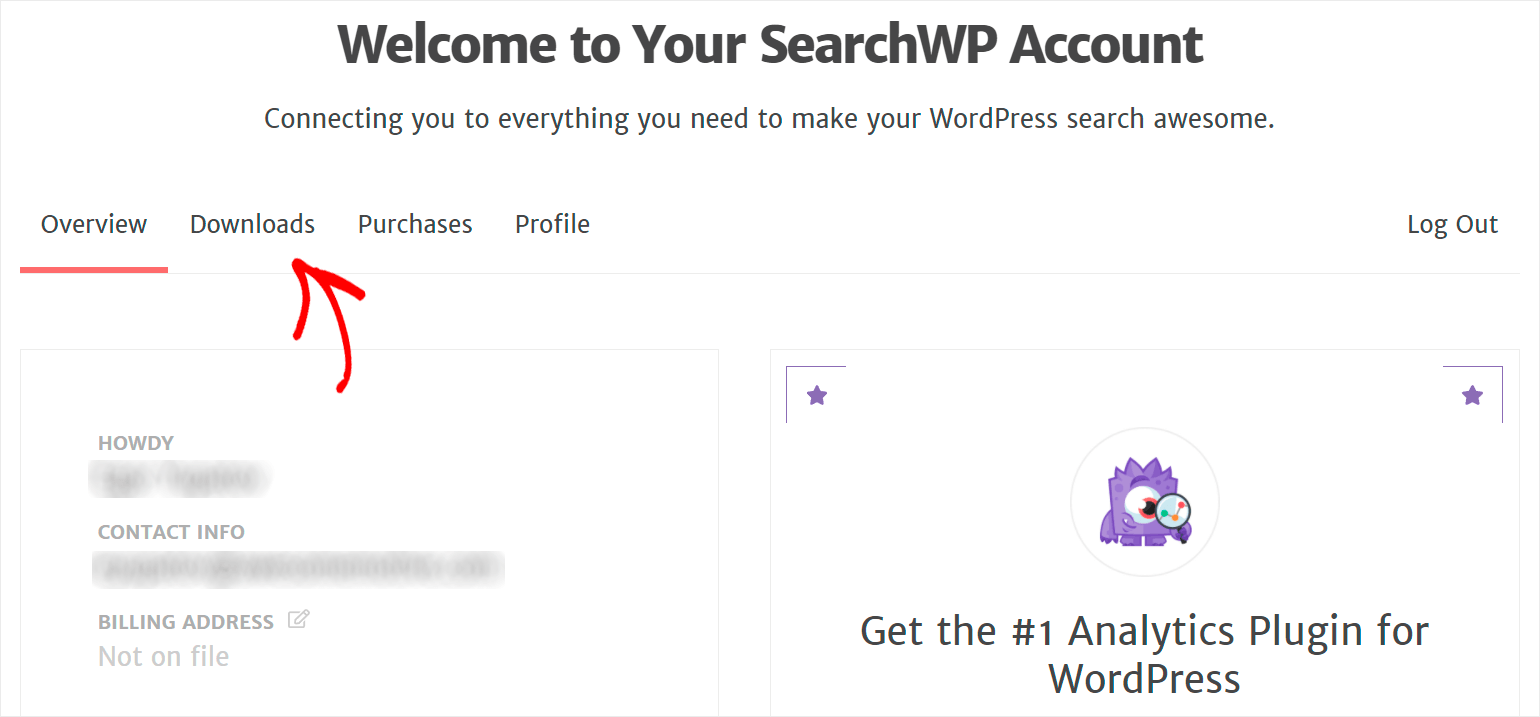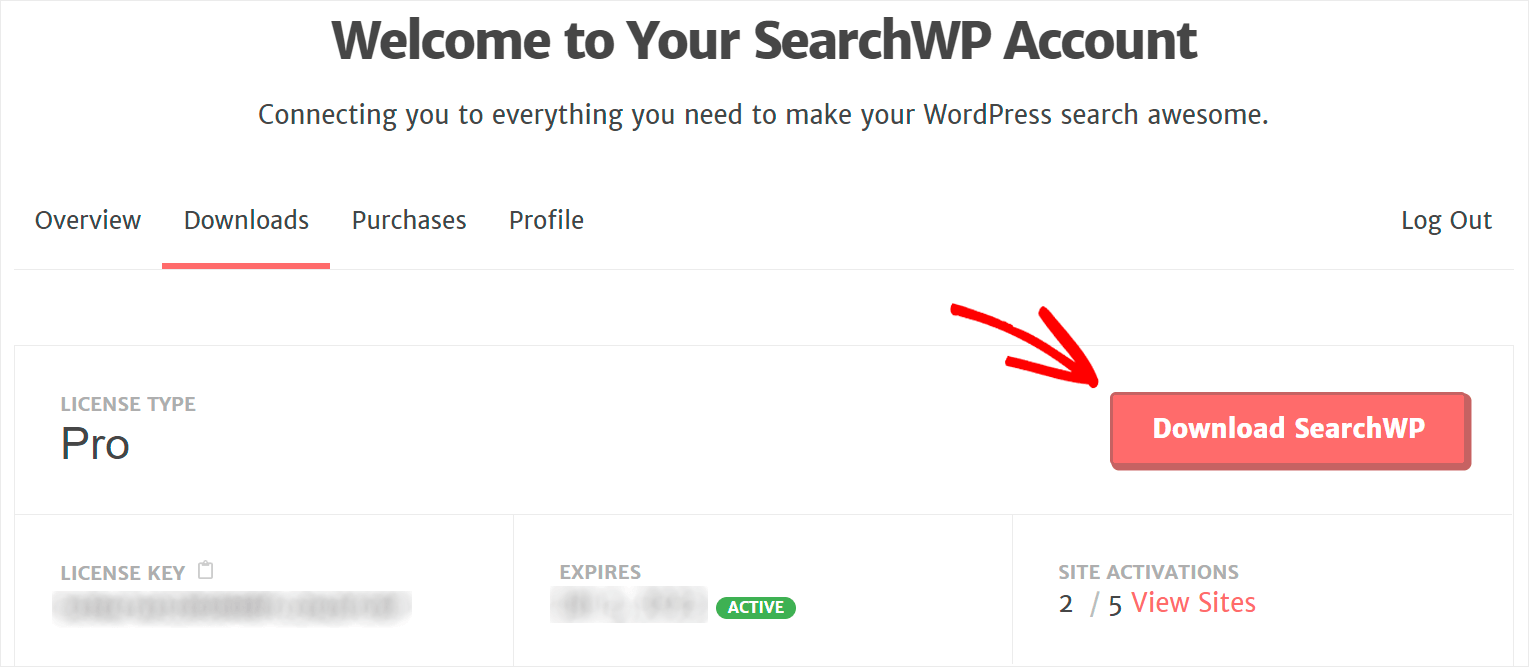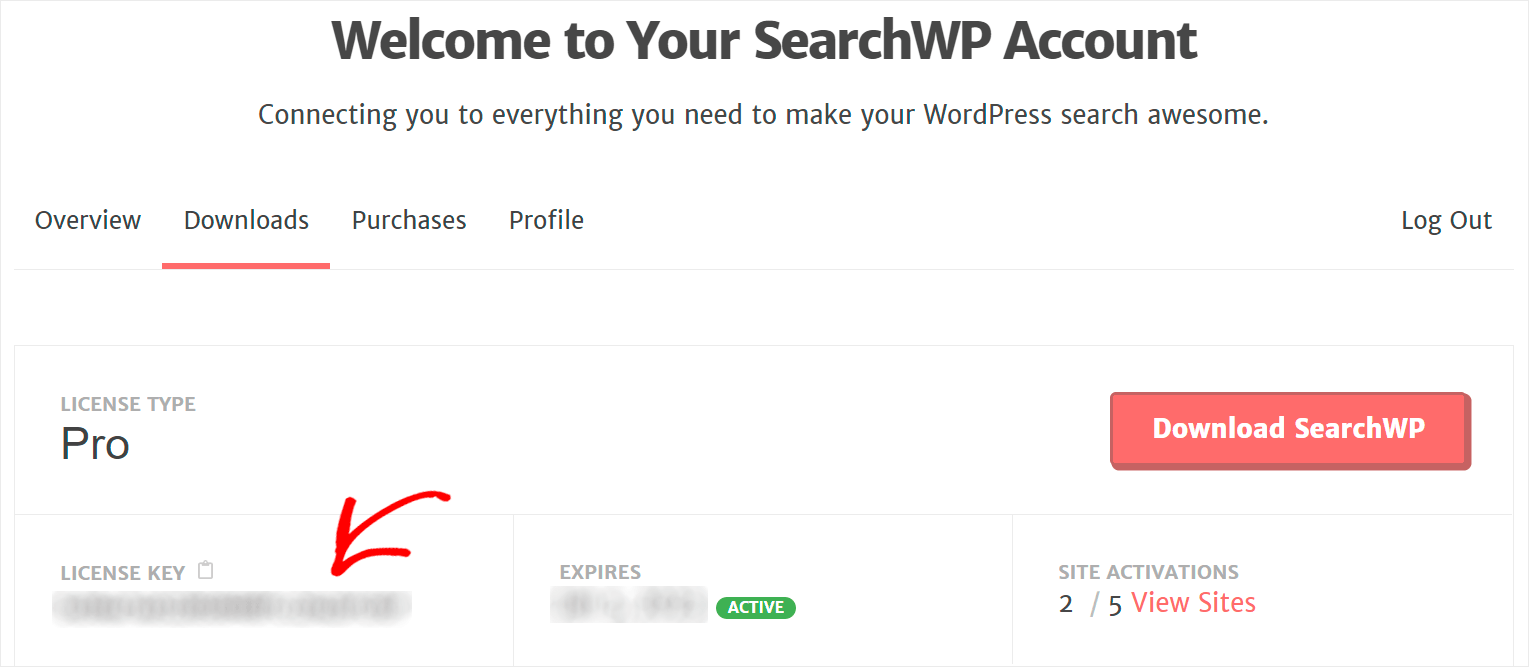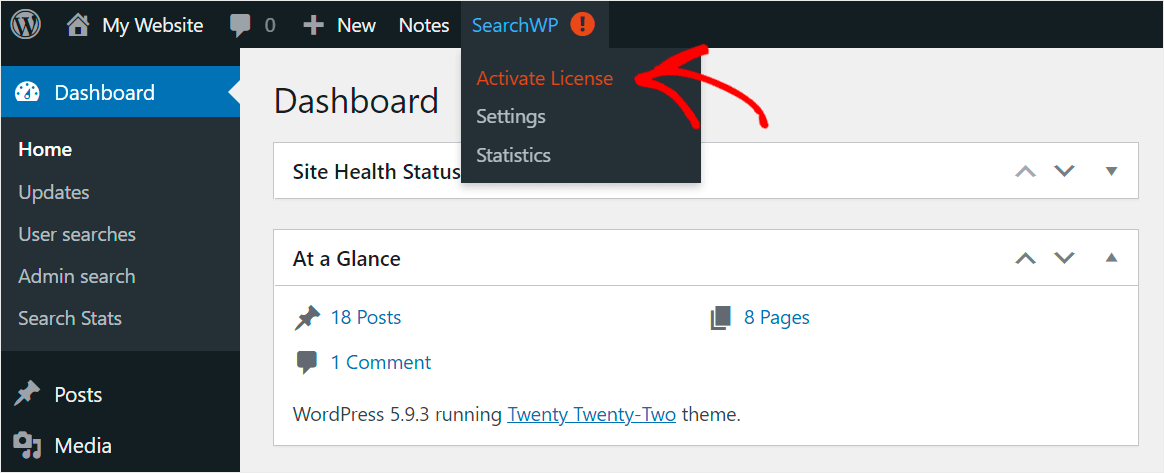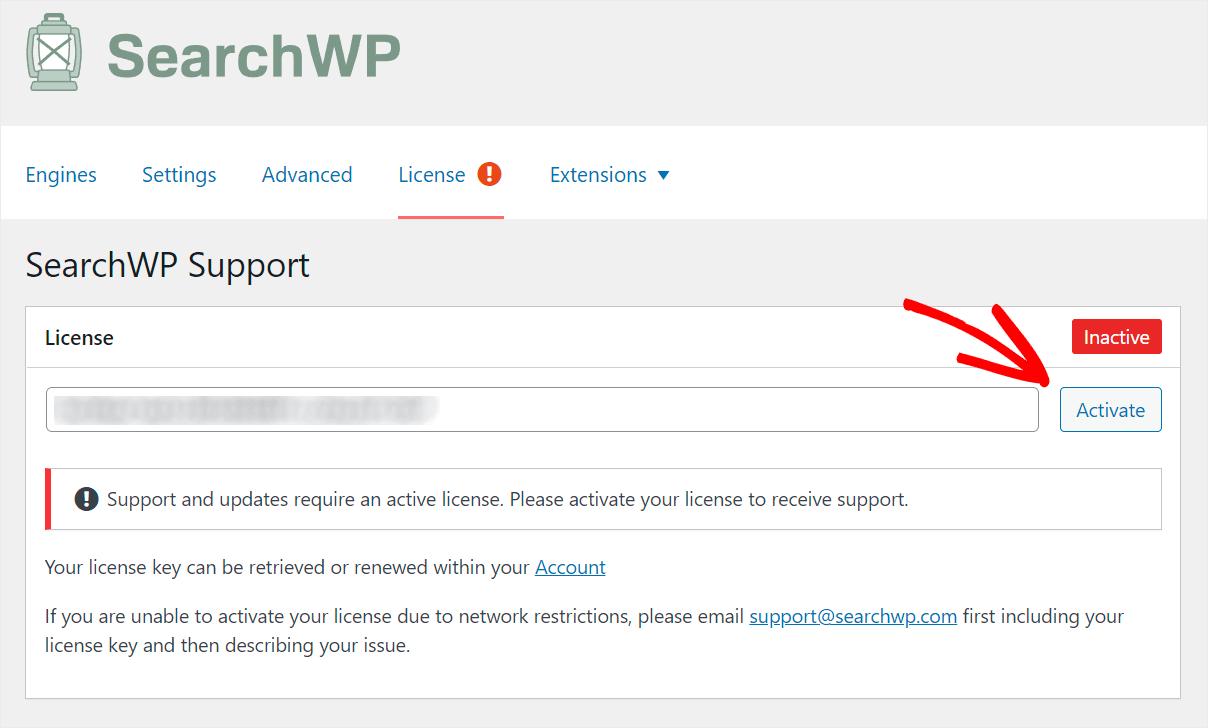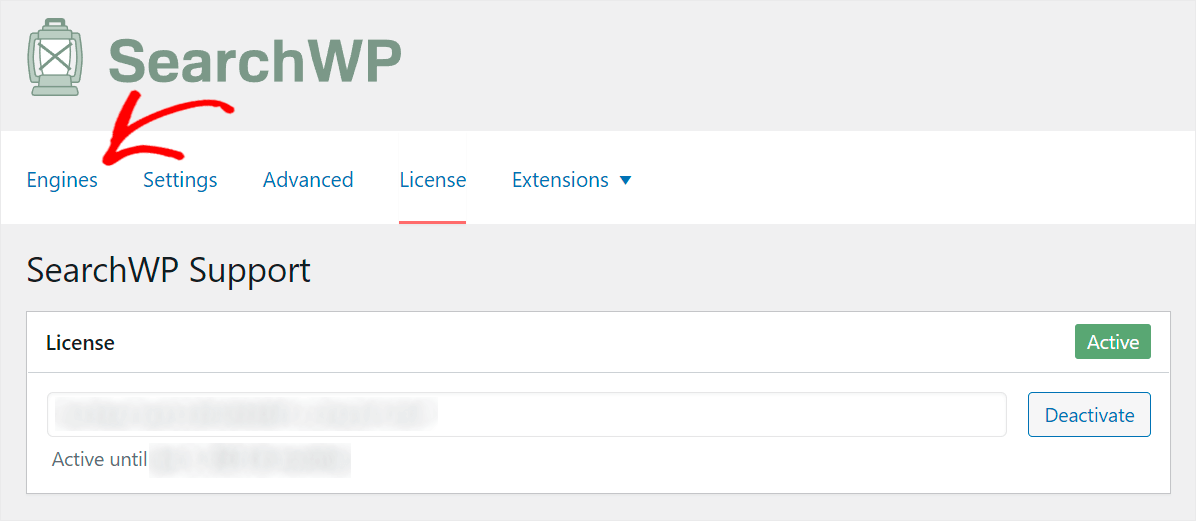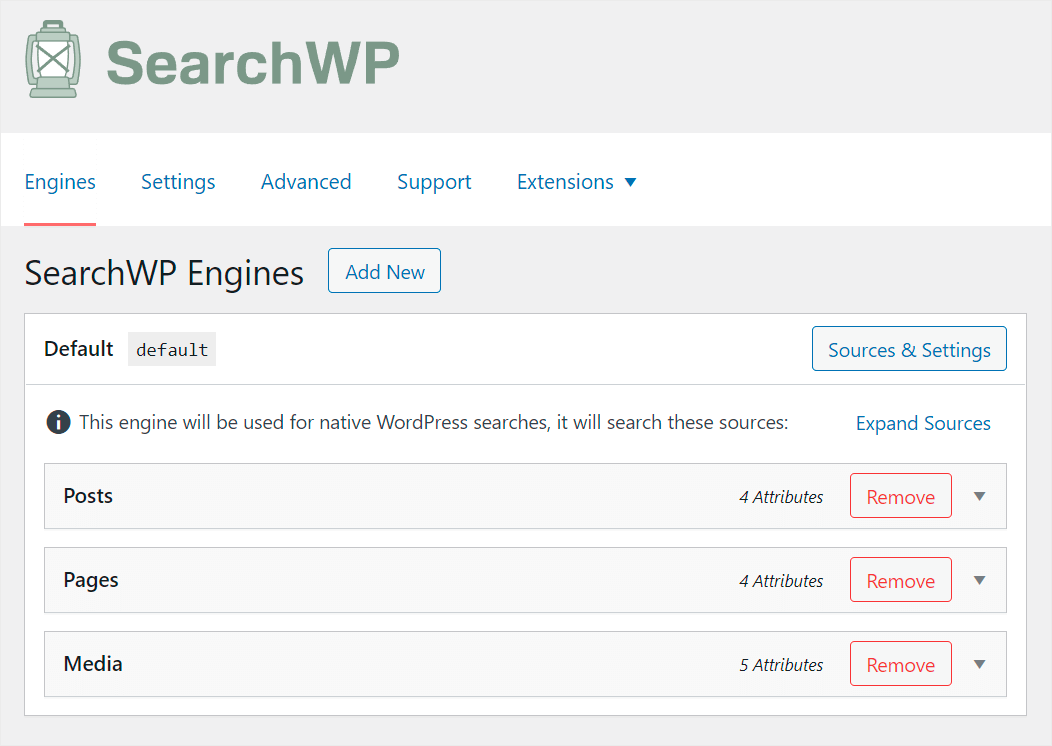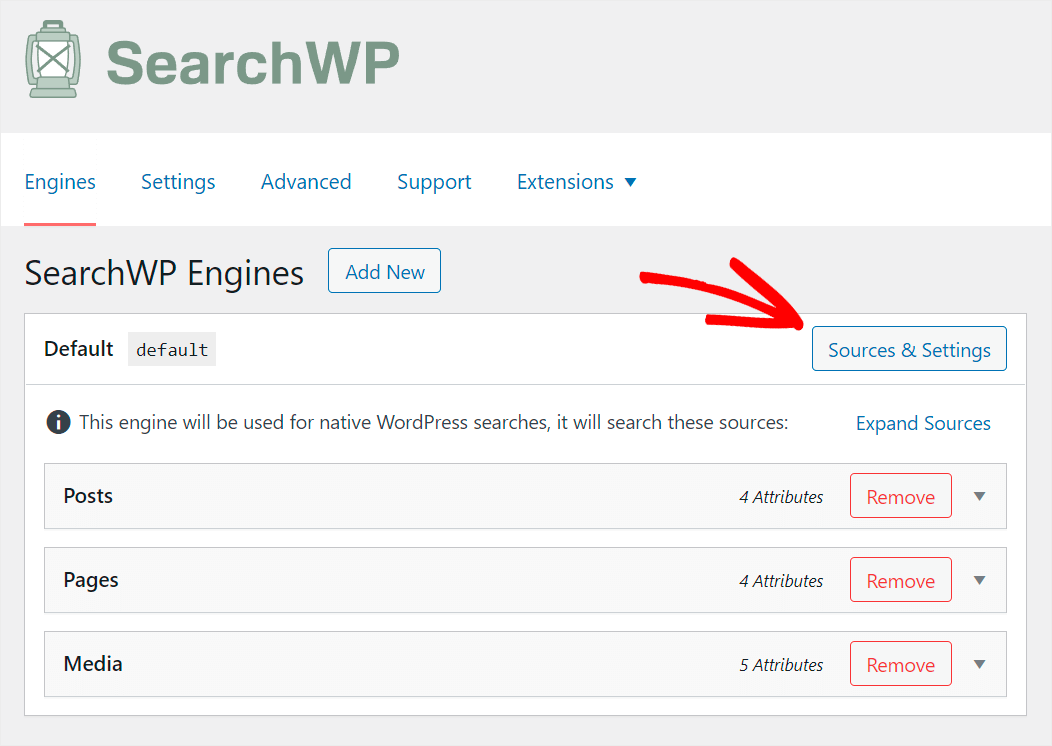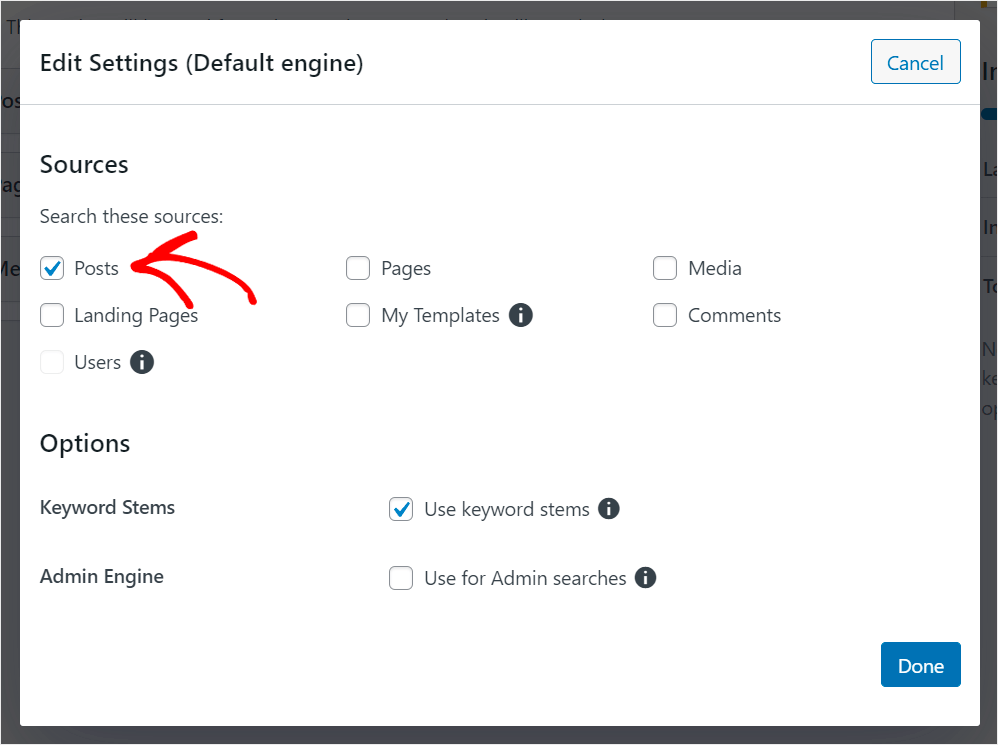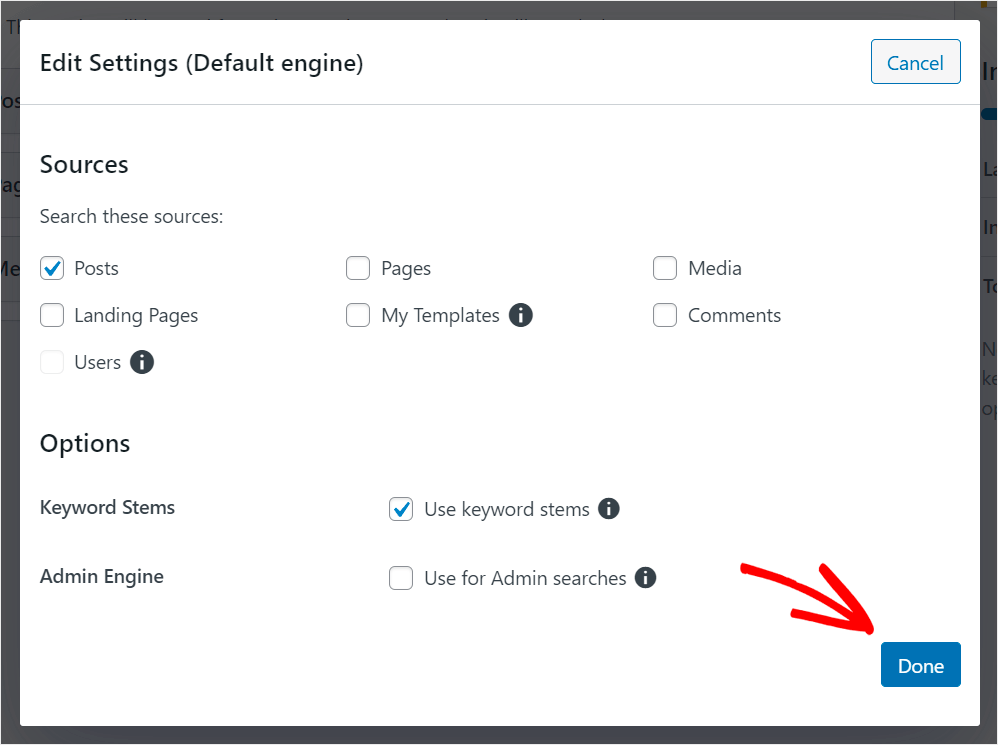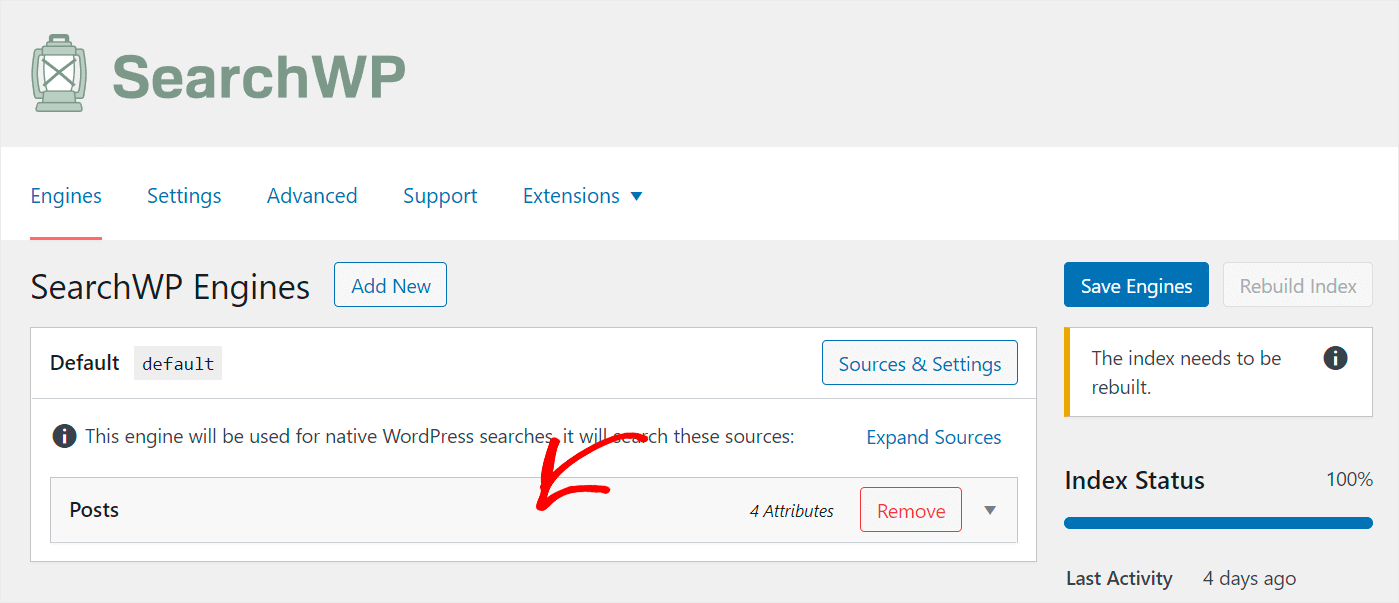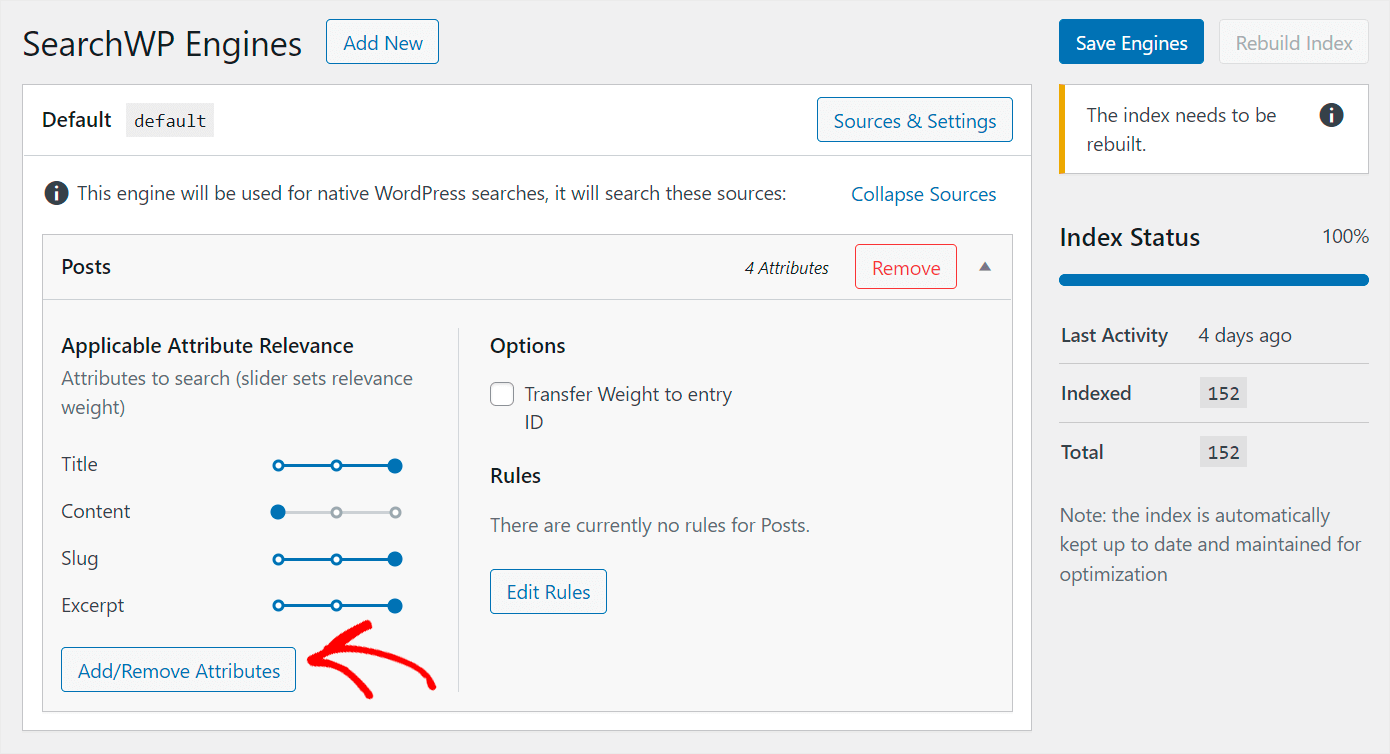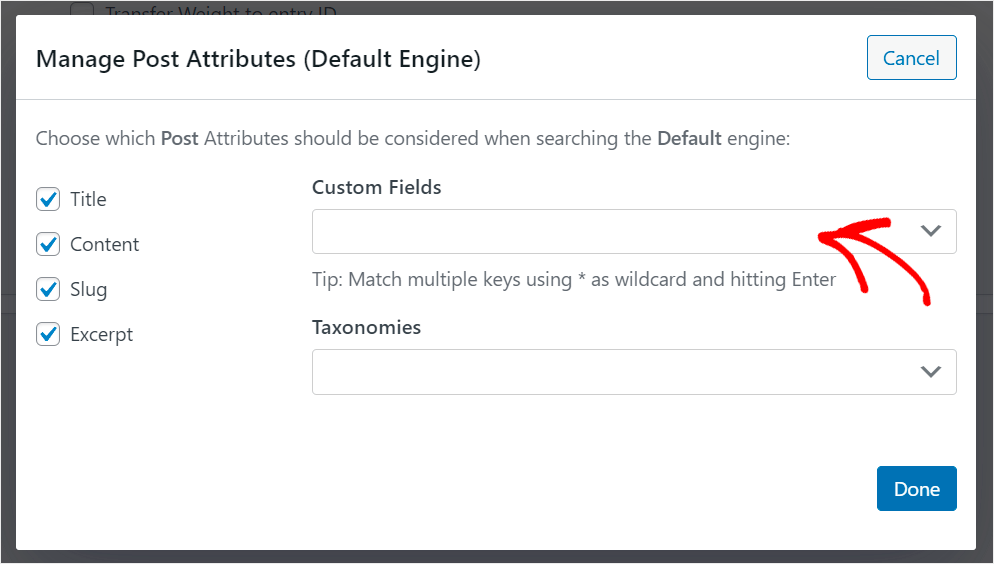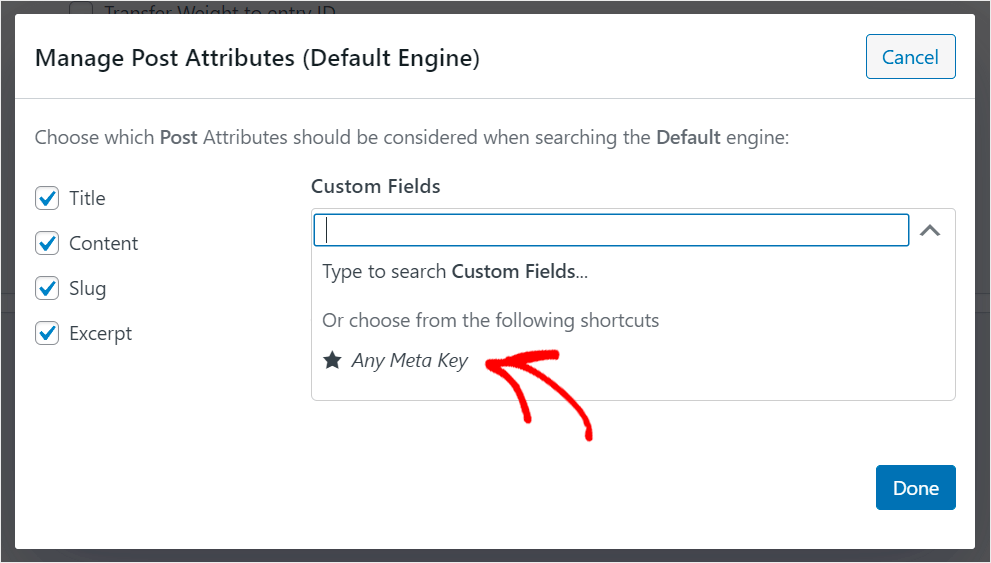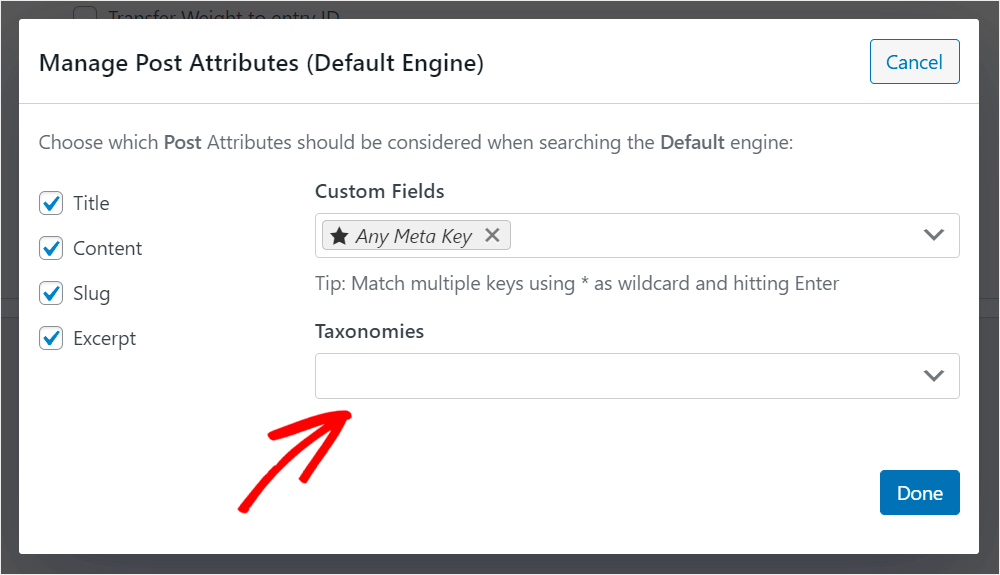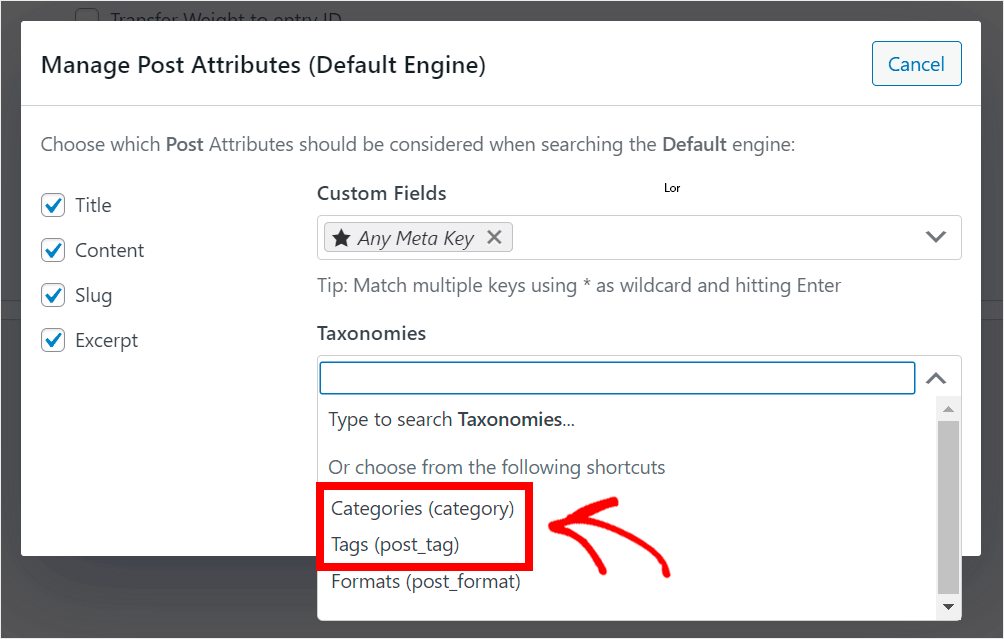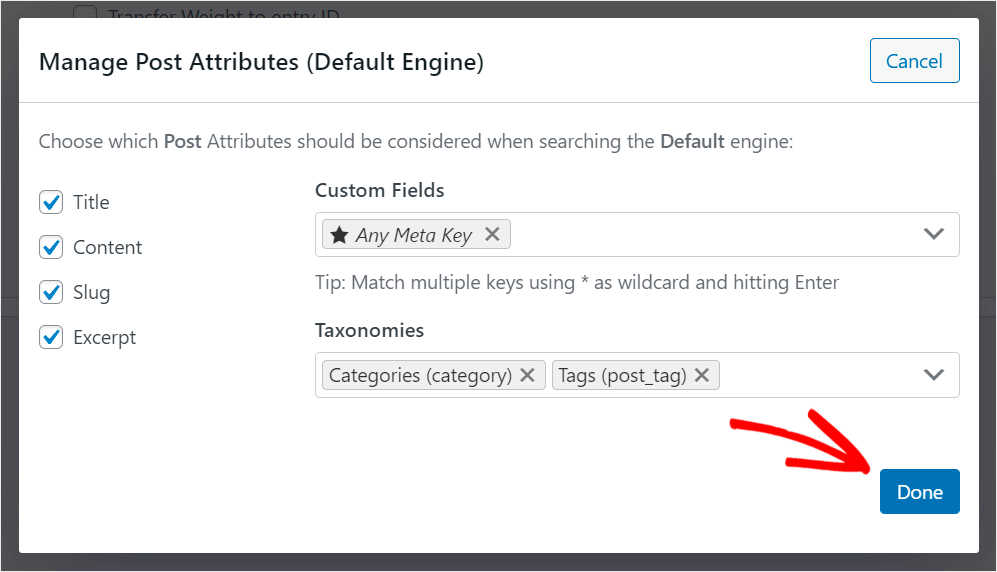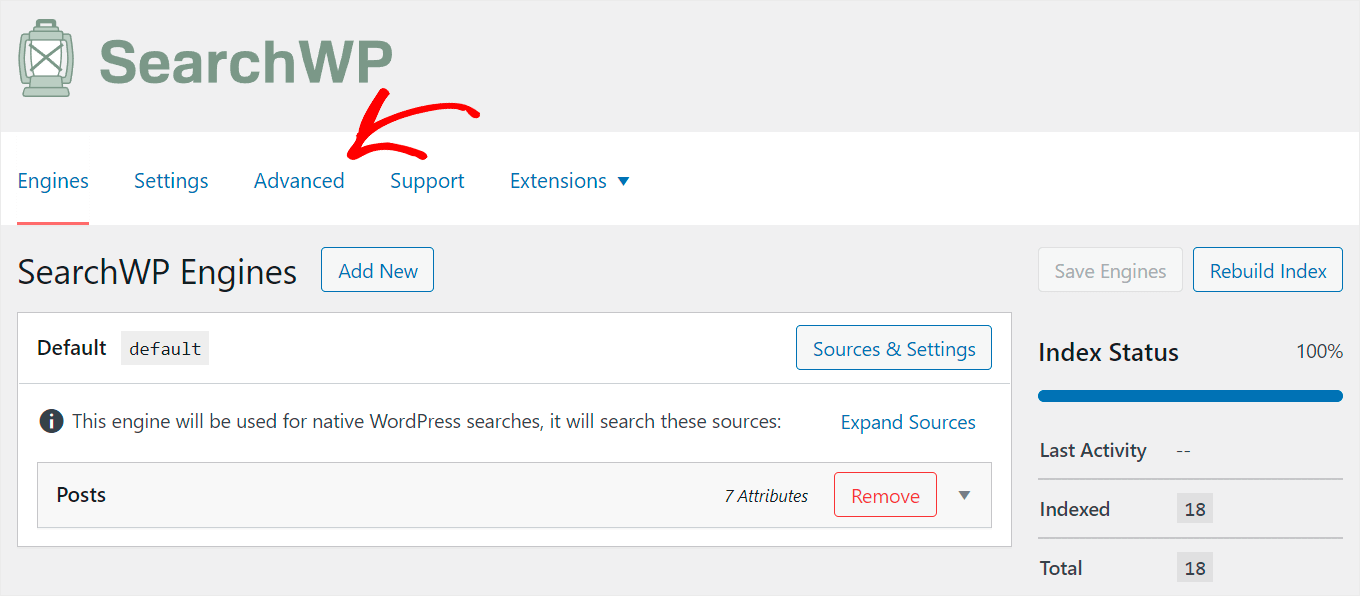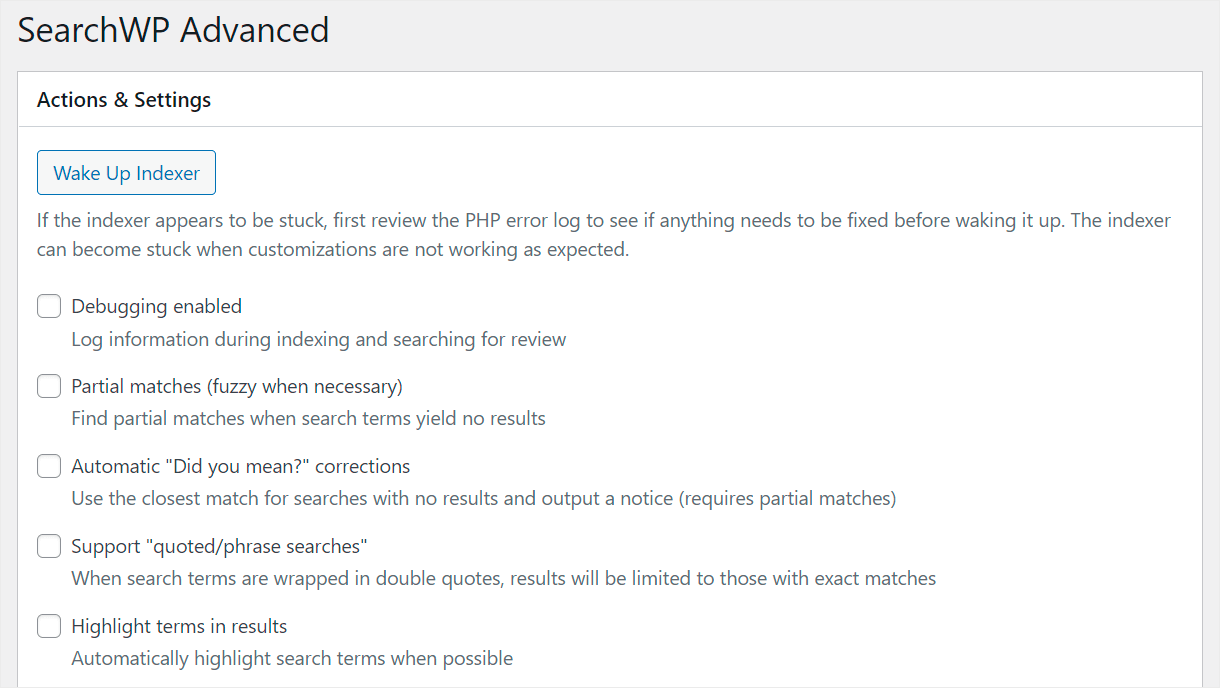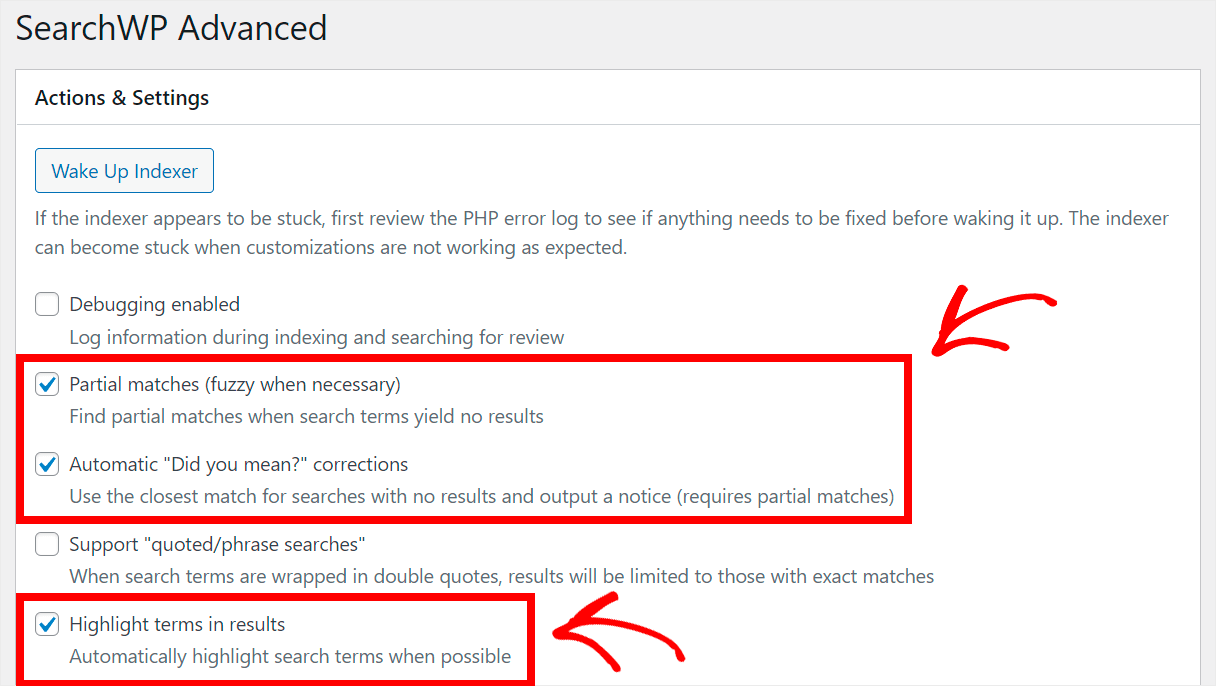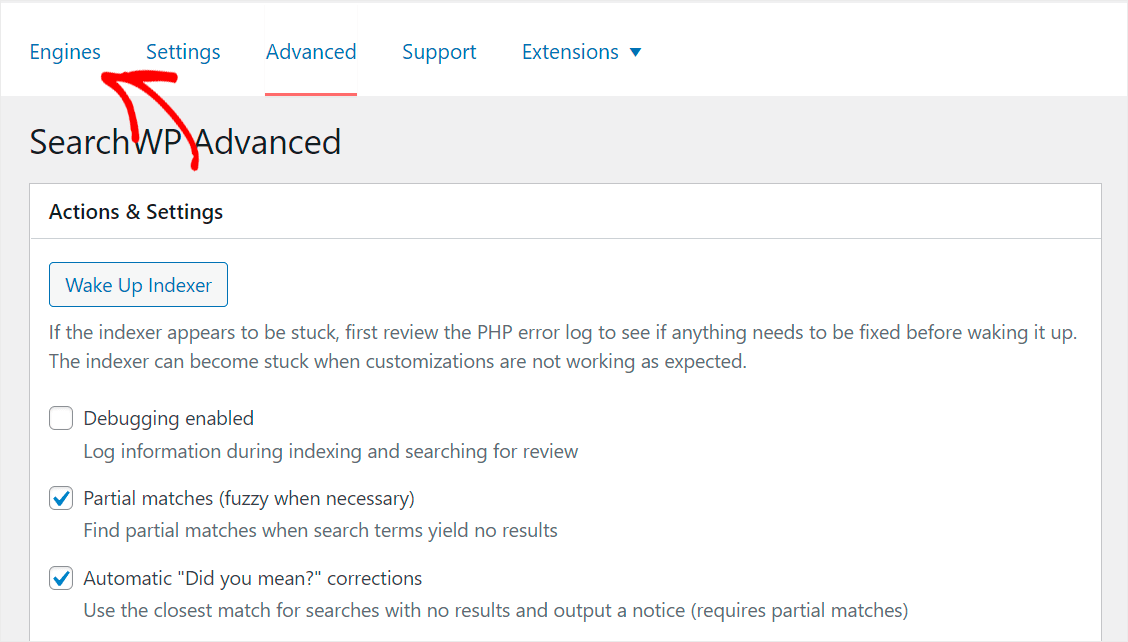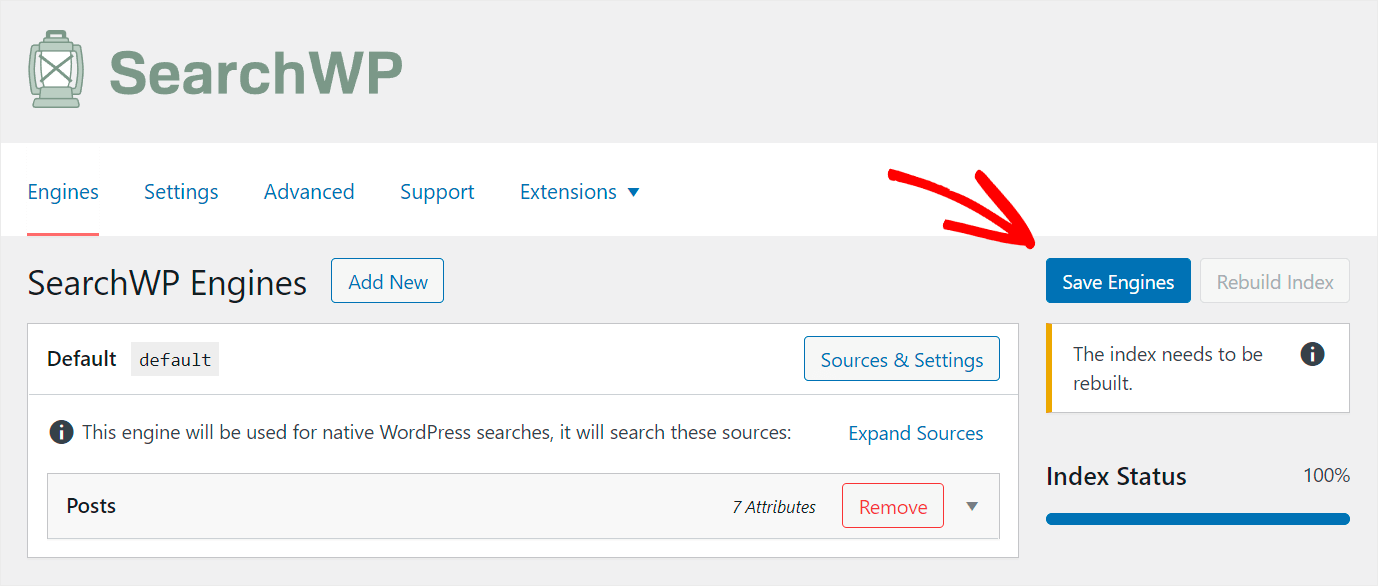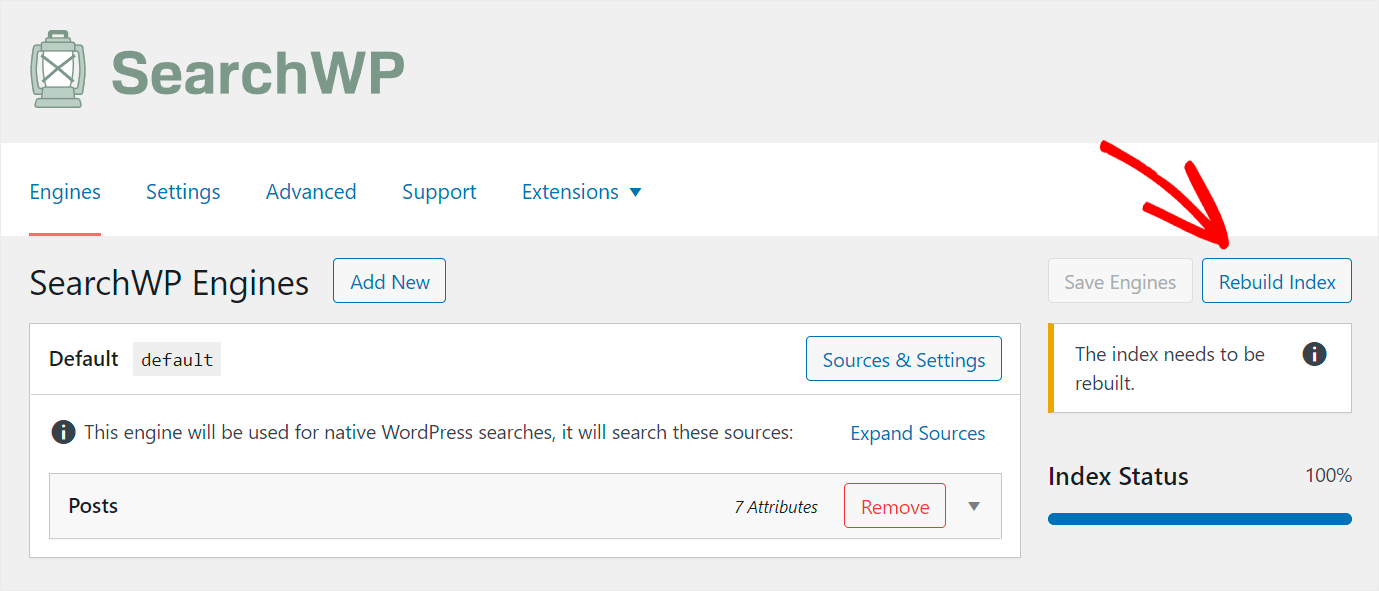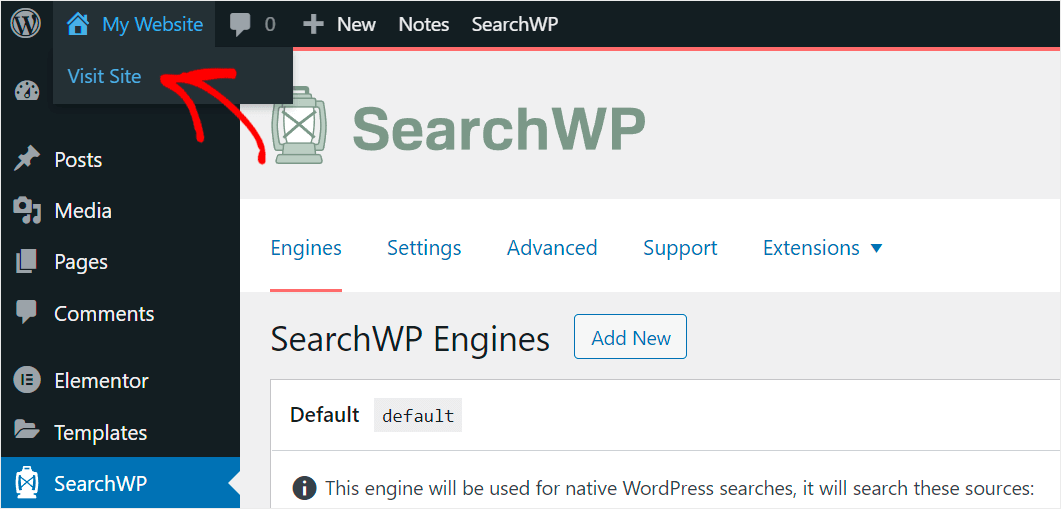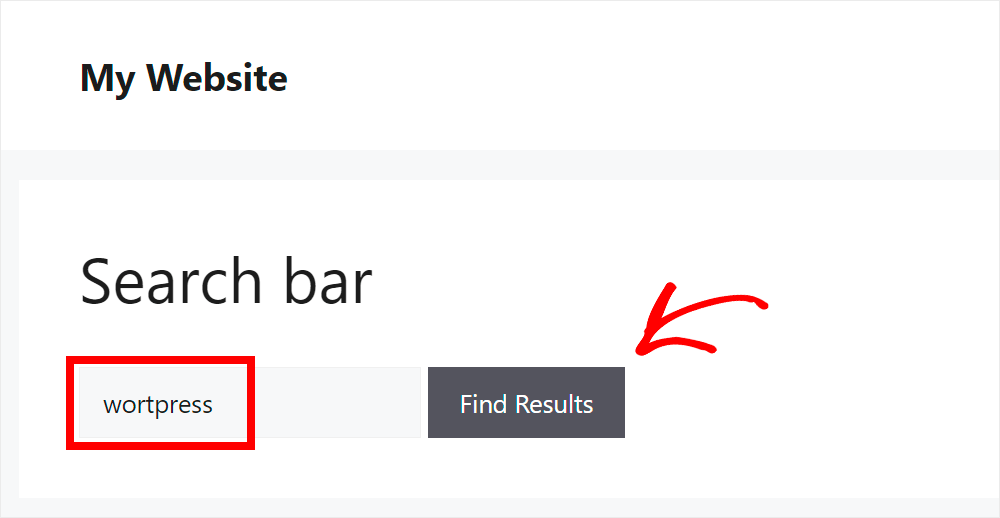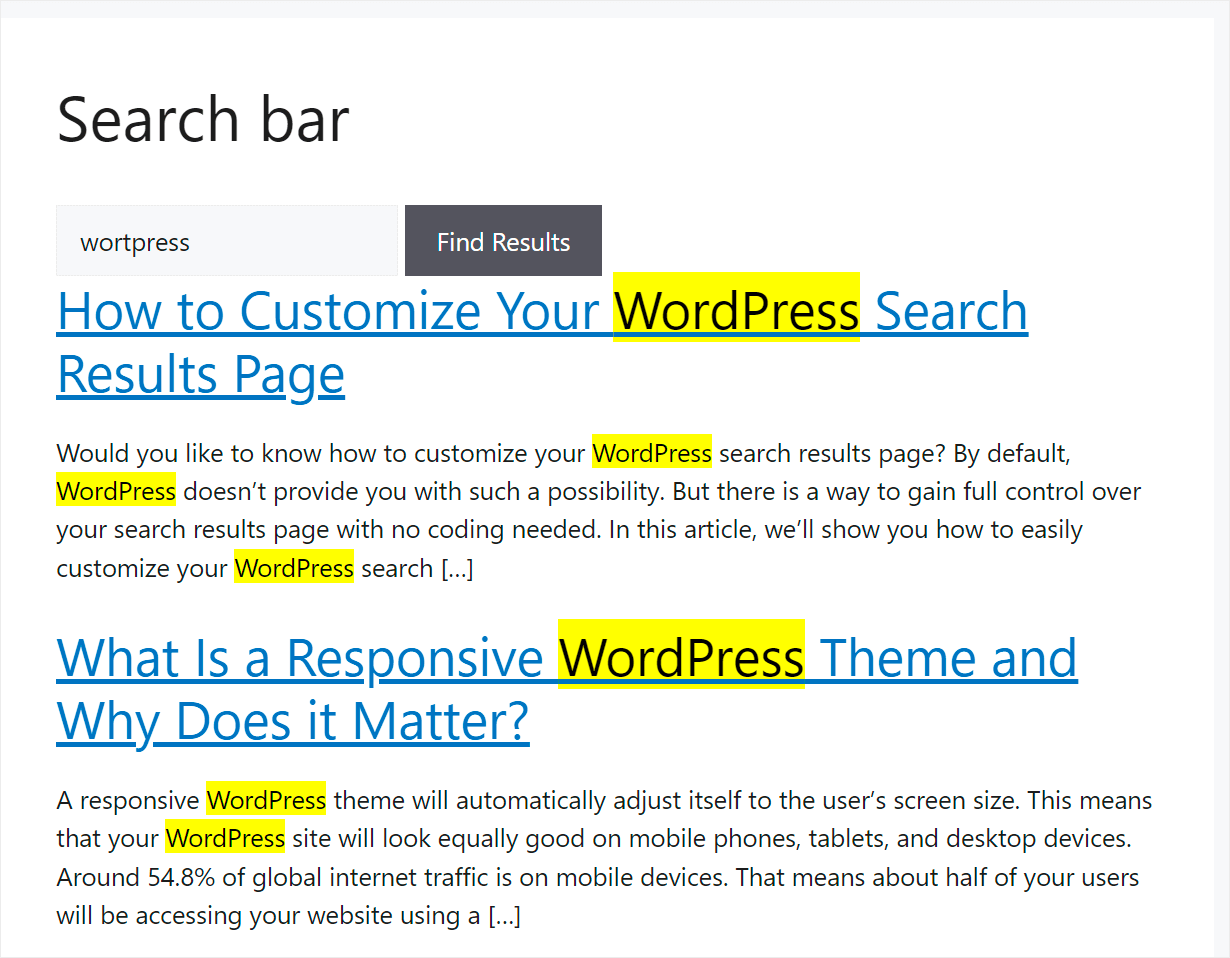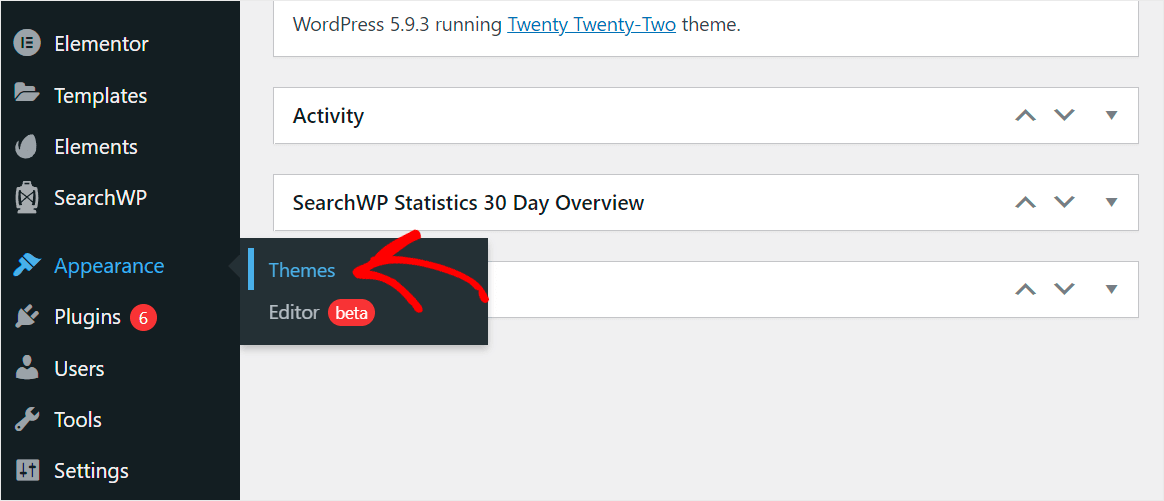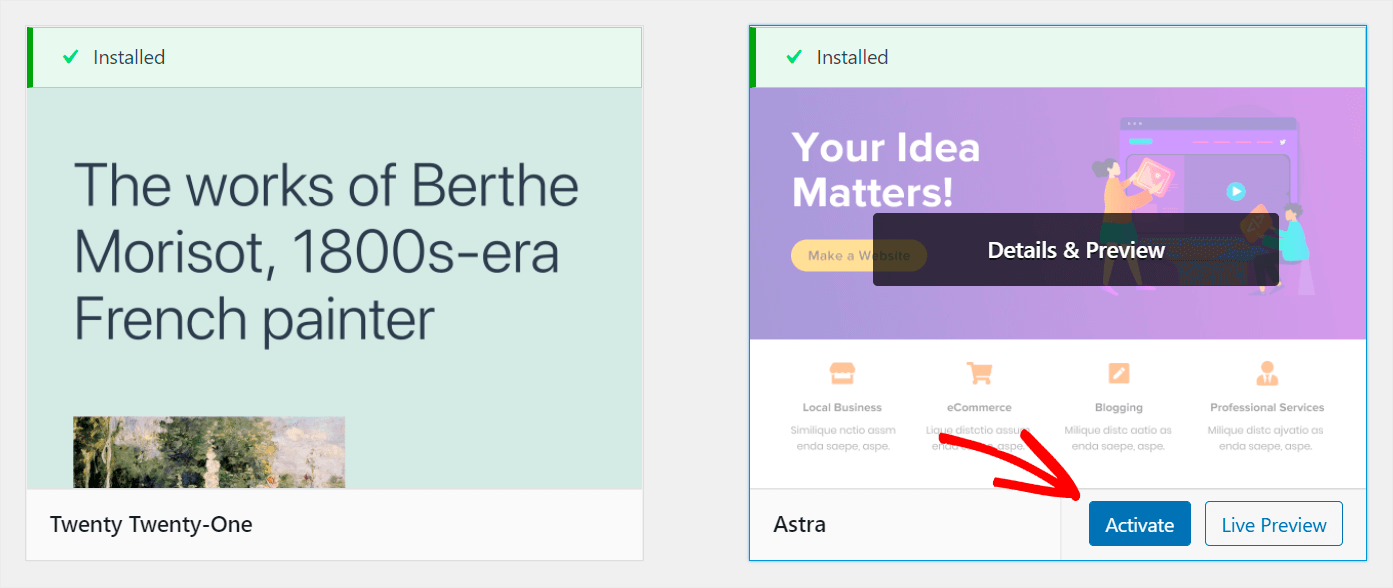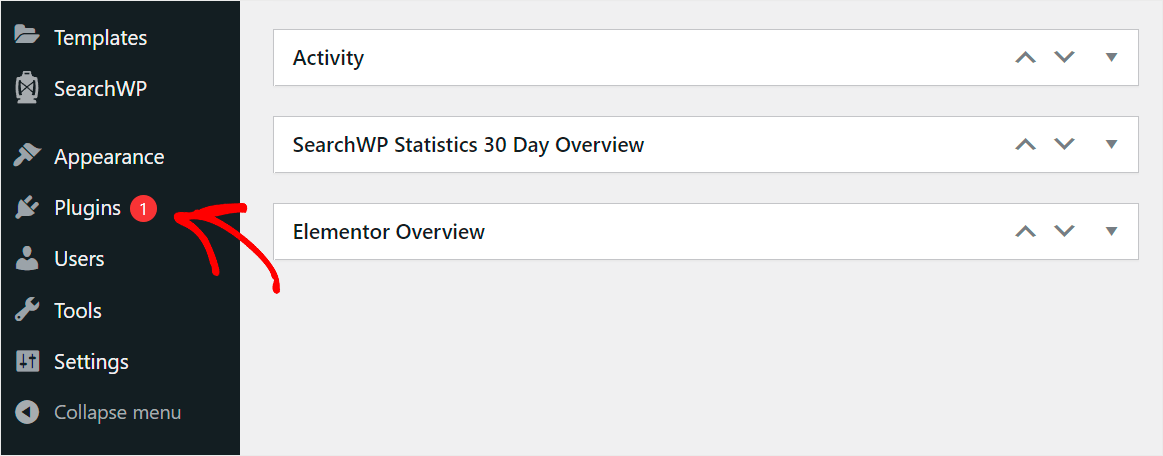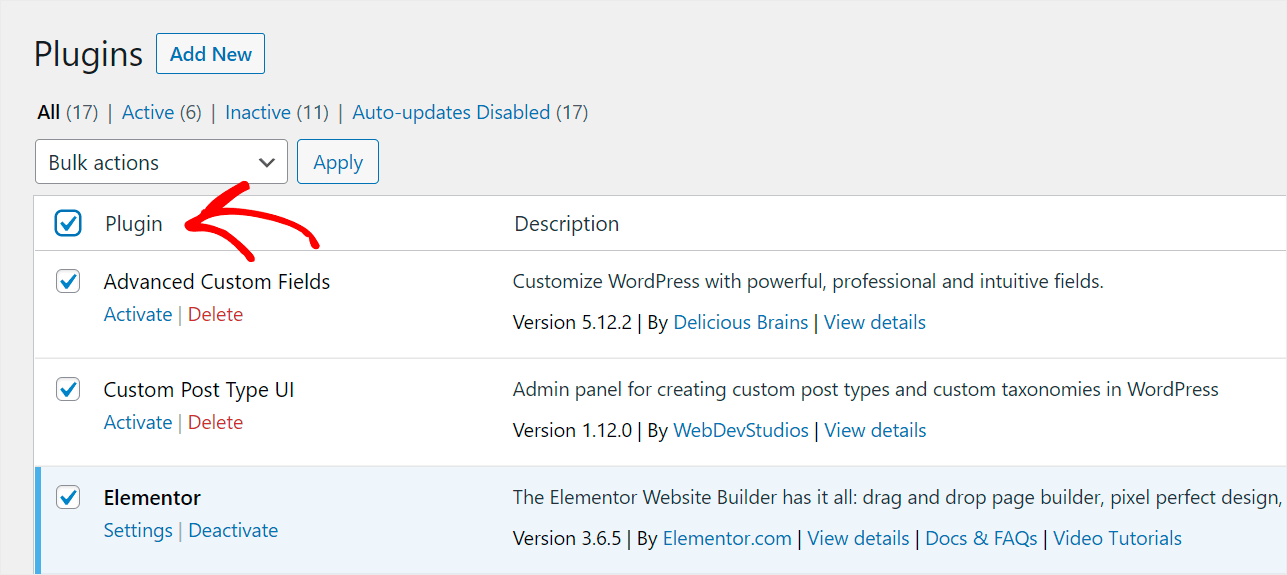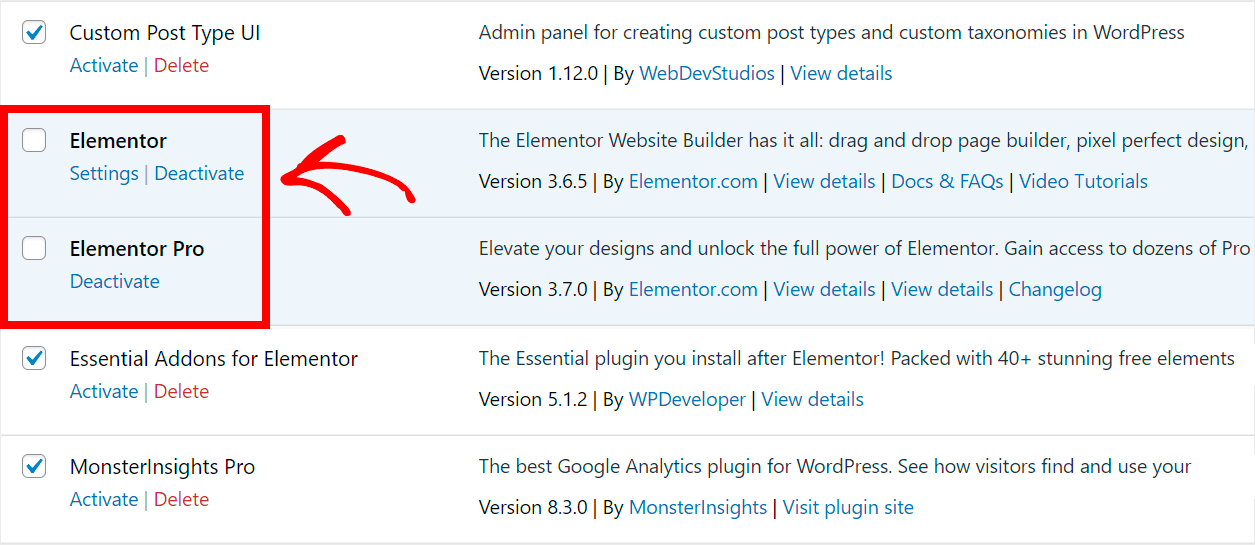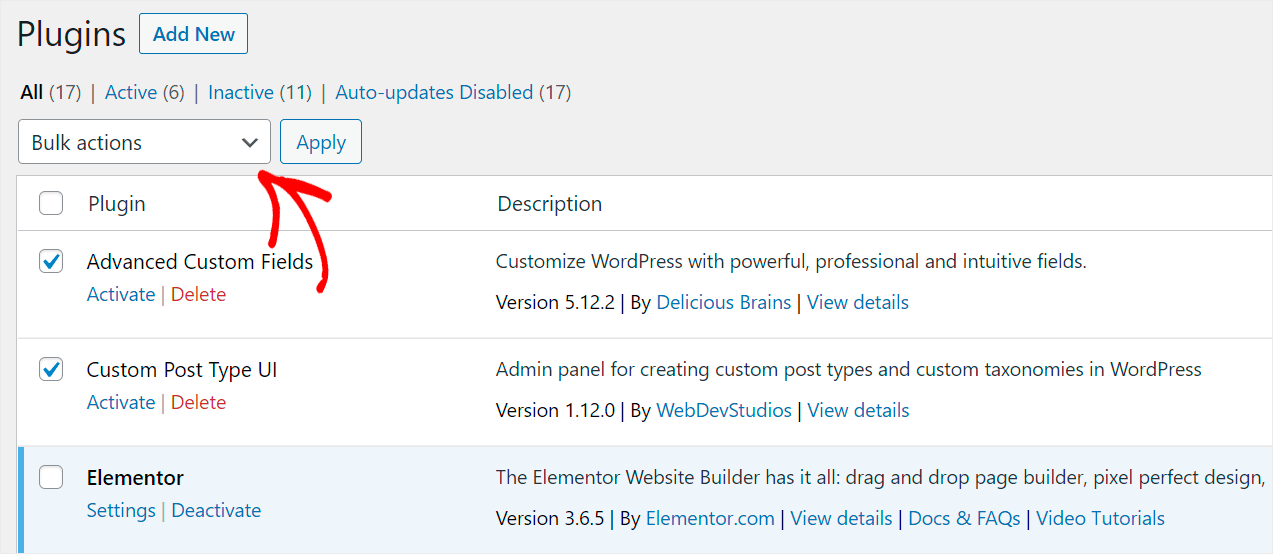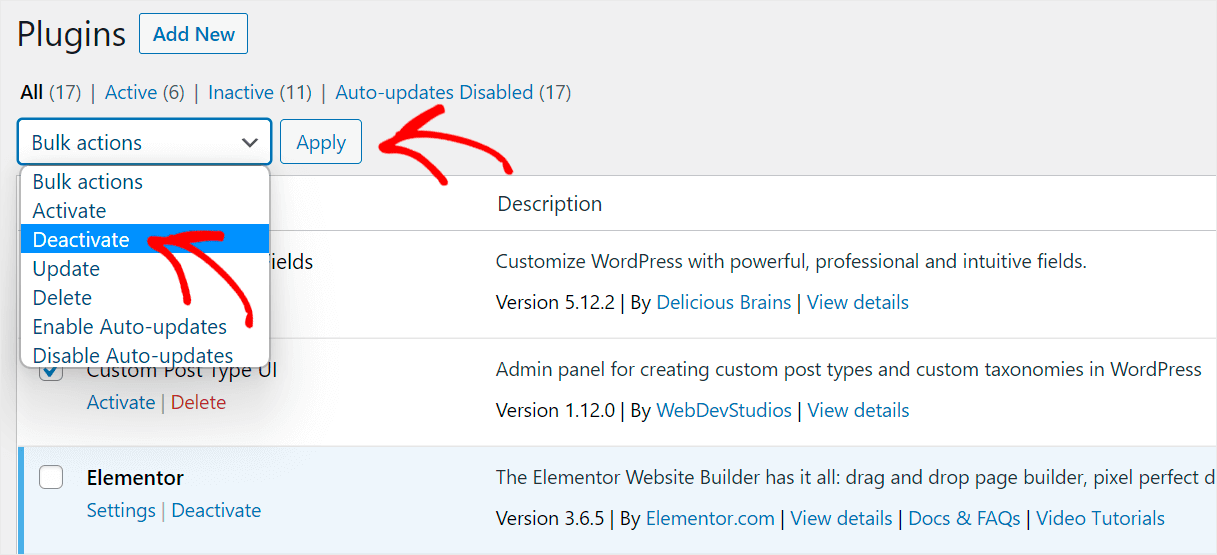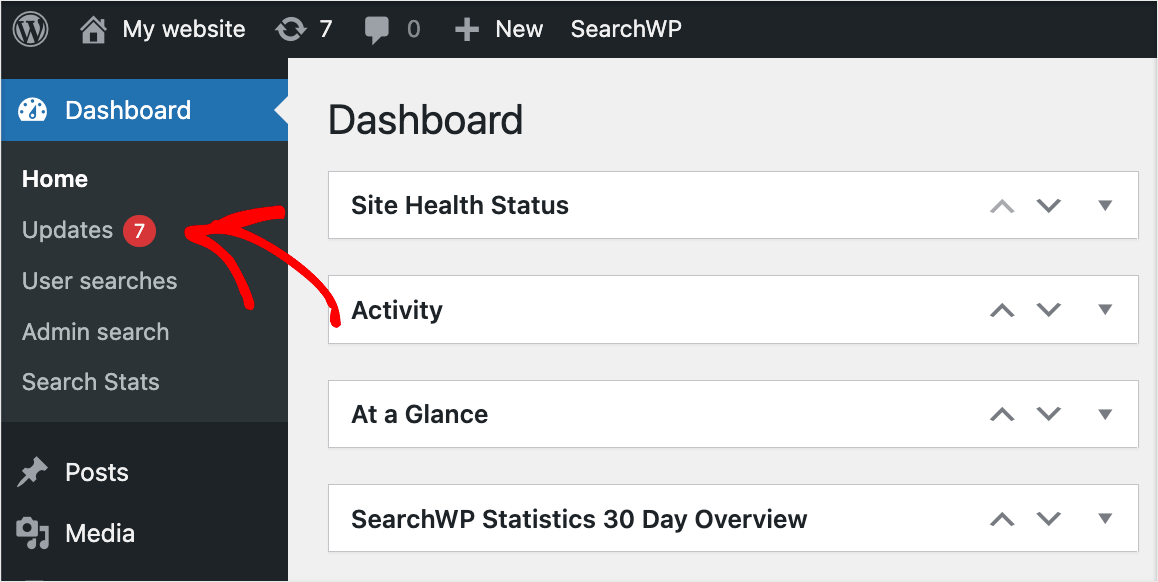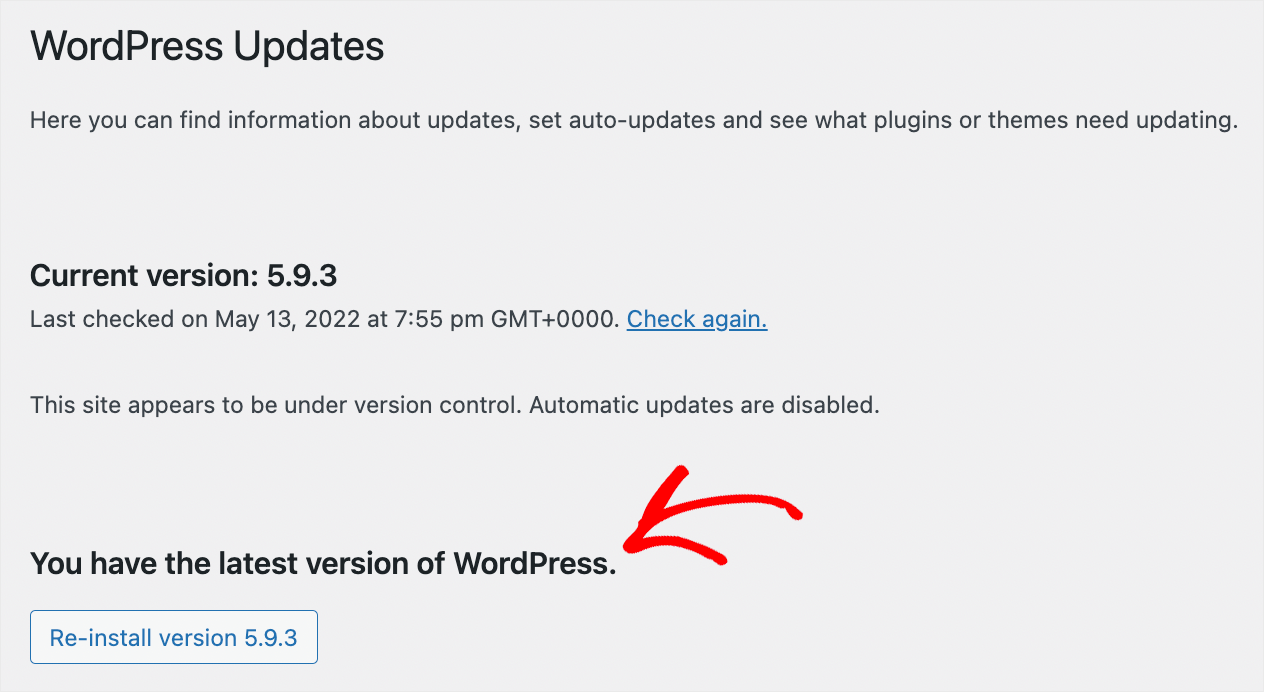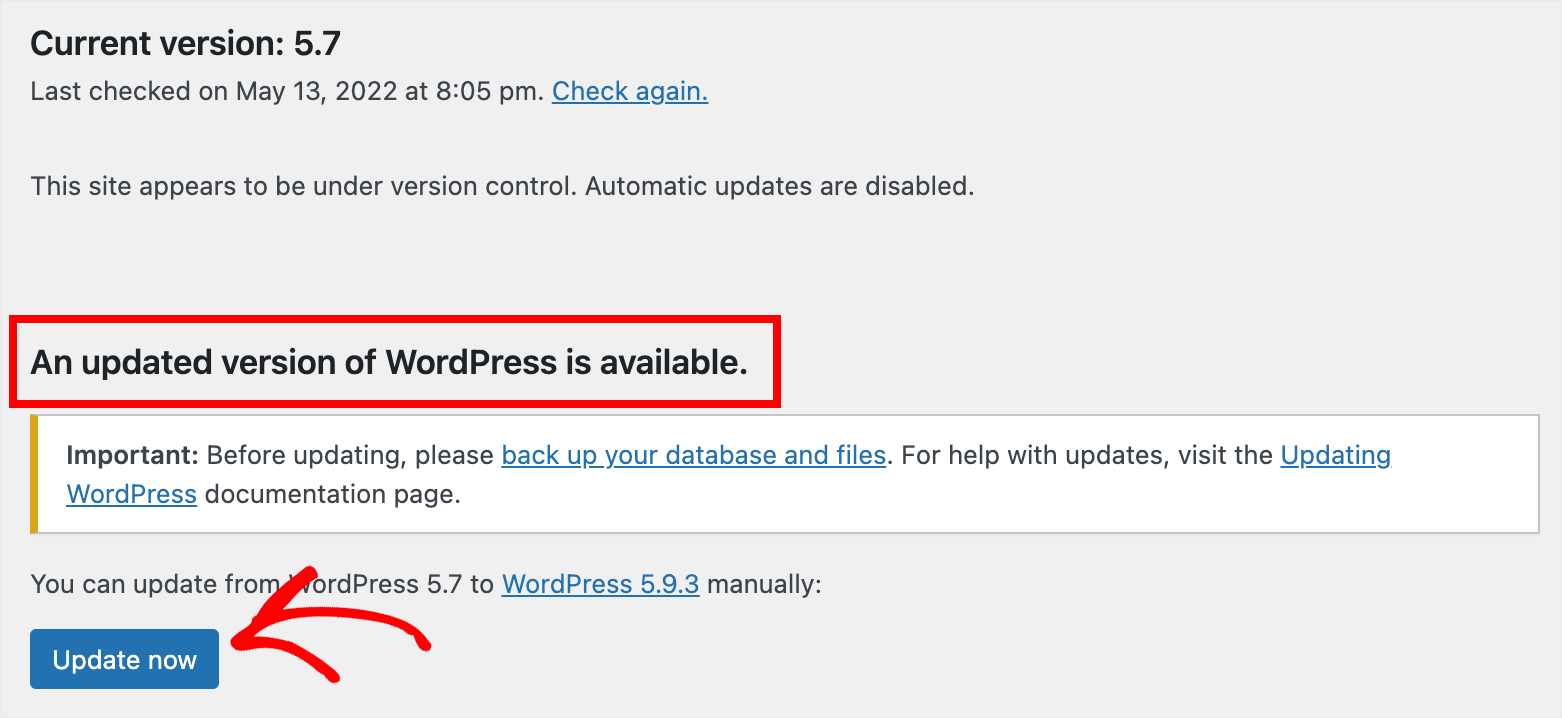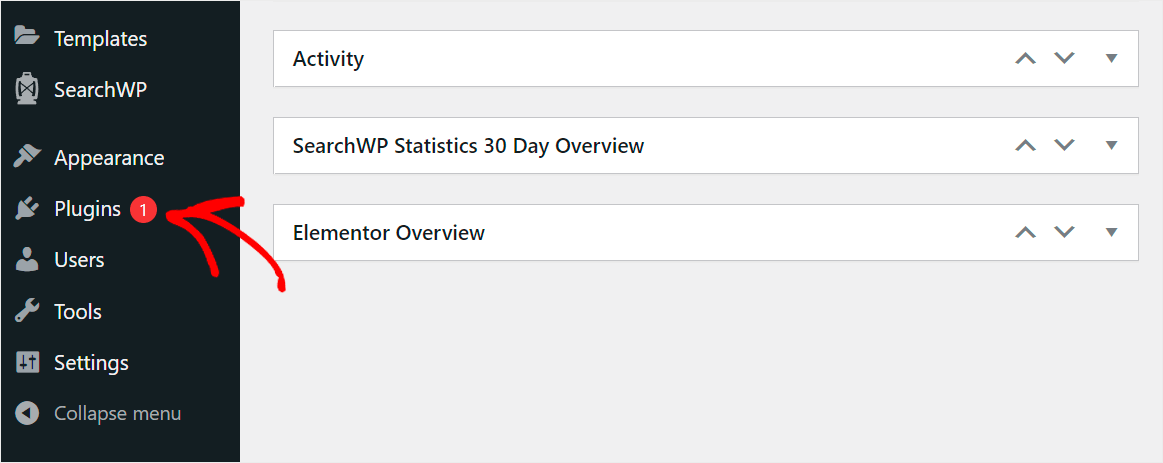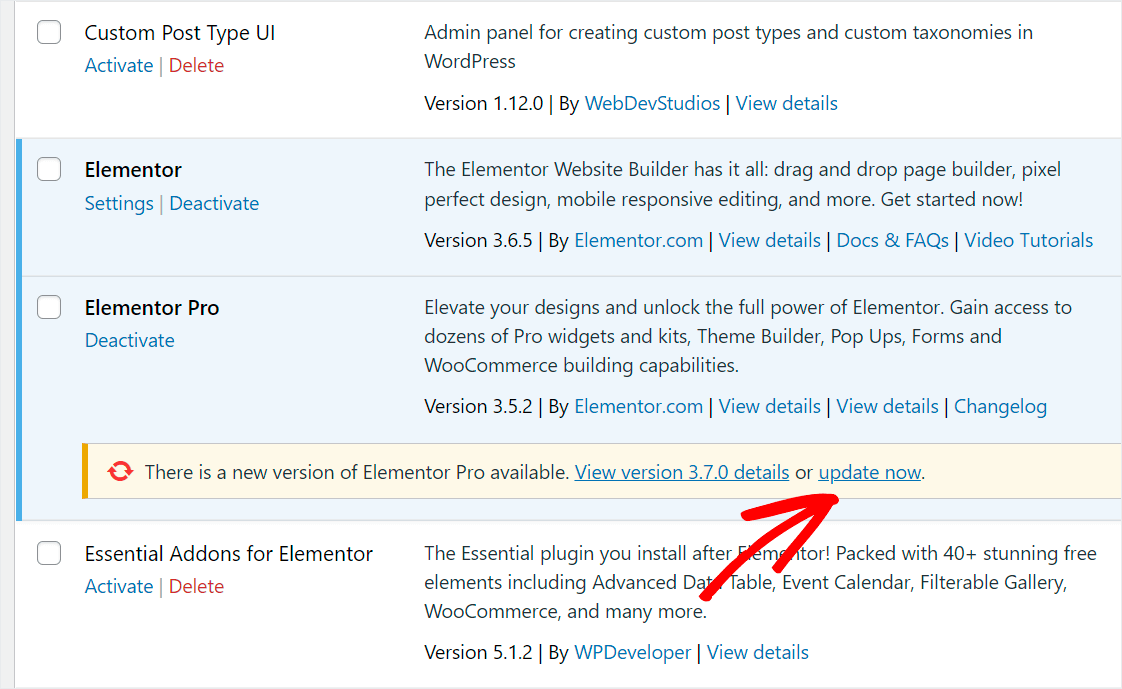
Do you want to know how to fix Elementor search form not working? There are several reasons that can cause this problem.
Fixing your Elementor search form is very important because visitors who don’t find what they’re looking for on your site will leave it unsatisfied.
In this article, we’ll show you how to find out why your Elementor search form isn’t working and how to deal with that.
Since this is a comprehensive article, here is the table of contents you can use to navigate it faster:
- How to Boost Your WordPress Search
- How to Fix Theme Compatibility Issue
- How to Fix Plugin Conflicts
- How to Deal With Hosting Limitations
- How to Update Elementor and WordPress
Let’s begin!
5 Common Examples of Elementor Search Form Isn’t Working
Let’s take a look at the 5 most popular reasons that can cause problems with the Elementor search form.
1. The Default WordPress Search is Weak
WordPress is a great and powerful blogging platform, but its search engine leaves much to be desired.
That’s why after you’ve performed a search and found nothing, you might even think that it doesn’t work.
It happens because WordPress:
- Sorts search results by publication date, not by relevance. Due to that, your recent posts will always appear higher in search results than more relevant ones.
- Ignores a lot of valuable data when performing a search. For example, it doesn’t consider post custom fields, categories, tags, and more.
- Doesn’t look for partial matches. If you’ve misspelled a search query, you won’t get any search results and may think that search is broken.
- Doesn’t show “Did you mean?” suggestions. You also won’t get any suggestions to help you find what you’re looking for.
Later in this article, we’ll show you how you can quickly fix these issues without coding. Or, you can skip ahead and go to the solution on how to boost your WordPress search.
2. Theme Compatibility Issue
Another reason you might have problems with search is that your WordPress theme isn’t compatible with Elementor.
If it’s your case, there is no guarantee that all Elementor widgets will work as expected.
Since the search form is also an Elementor widget, you might have problems with it.
Later in this article, we’ll show you how to check if your theme is compatible with Elementor. Or you can skip ahead and see how to fix the theme compatibility issue.
3. Plugin Conflict
There are thousands of WordPress plugins, and Elementor cannot be compatible with each of them.
So when you use Elementor along with incompatible plugins, that can cause problems with its functionality.
In most cases, it applies to unpopular and abandoned plugins, but there may be exceptions.
We’ll show you how to find out if you use plugins incompatible with Elementor later in this article.
Or you can skip ahead and check out how to fix plugin conflicts right now.
4. Hosting Limitations
There is also a rare but possible case when your hosting limitations cause problems with search.
It happens because Elementor has some system requirements to ensure the correct work of the plugin.
For example, it requires the latest versions of PHP, MySQL, and a high volume of WP Memory Limit.
So if your hosting doesn’t meet these requirements, there is a great chance you’ll encounter some problems using Elementor.
We’ll show you how to solve this issue later in this article. Or you can skip ahead and check out how to deal with hosting limitations right now.
5. Outdated Elementor or WordPress Version
You may also have problems with the Elementor search form if you use an outdated version of Elementor or WordPress.
It’s important to keep plugins and WordPress up to date to ensure their proper work and compatibility.
We’ll show you how to do that later in this article. Or you can skip ahead to the solution and check out how to update Elementor and WordPress versions right now.
How to Fix Elementor Search Form Not Working
After you’ve learned what can cause issues with the Elementor search form, let’s look at how to deal with them in order.
1. How to Boost Your WordPress Search
The easiest way to fix the weaknesses of the default WordPress search engine and boost your search is to use SearchWP.
This is the most powerful and easiest to use WordPress search plugin on the market.
With SearchWP, you can make WordPress index custom fields, tags, categories, and many other post attributes.
Due to that, you can help your visitors find the right content faster and improve their user experience.
Plus, SearchWP comes with seamless Elementor integration, so you can start using it right after installation.
But these features are not the only reason why more than 30,000 website owners already chose SearchWP. You can also use this plugin to:
- Track your visitors’ searches. You can use SearchWP to see what visitors are searching for on your site and find out which search results are most popular.
- Display search results in live mode. The plugin lets you display search results in live mode to help your visitors find the right content faster.
- Create custom search forms. SearchWP allows you to create custom search forms with an individual set of settings in just a few clicks, no coding needed.
- Exclude specific pages from search results. With SearchWP, you can clean up search results on your site by excluding redundant pages.
Now that you know why SearchWP is the #1 WordPress search plugin, let’s see how you can use it to boost search on your site.
Step 1: Get SearchWP and Install The Plugin
To get started, go and grab your copy of SearchWP here.
Once done, sign in to your SearchWP account and go to the Downloads tab.
After you get there, click Download SearchWP to download the plugin’s ZIP file to your computer.
Copy your SearchWP license key on the same tab when you finish downloading.
The next step is to upload the SearchWP ZIP file to your site and install the plugin.
Need help with that? Check out the step-by-step tutorial on how to install the WordPress plugin.
After you complete the installation, you’ll need to activate your copy of SearchWP.
To do that, point a cursor over the SearchWP button at the top panel of your WordPress dashboard and click Activate License.
Then, paste the license key you copied in one of the previous steps into the License field and click Activate.
Once you activate your license, you can move on to the next step and start customizing your search engine.
Step 2: Customize Your Search Engine to Make It Smarter
To get started, go to the Engines tab.
On this tab, you can manage your search engines.
At the moment, there is only one search engine called Default.
Think of a search engine as a set of rules that WordPress follows when performing searches.
SearchWP automatically connects to every existing search form on your site after installation.
So by customizing the Default search engine settings, you can control how search works on your site.
For example, you can make additional post attributes searchable, limit your search to specific categories, and more.
With that, let’s customize your search engine to make it easier for your visitors to find what they’re looking for.
First, we’ll select the sources where WordPress searches for matches. To do that, press the Sources & Settings button.
For instance, let’s limit the search on our site to posts only, to clean up the search results from redundant pages.
To do that, uncheck all sources except Posts.
When you’re finished managing search sources, press Done to save the changes.
Let’s also make additional post attributes such as custom fields, tags, categories, and so on searchable on your site.
It’ll help you to deliver more relevant search results to your visitors.
To get started, click on the Posts search source.
Then, click Add/Remove attributes.
First, we’ll make WordPress consider custom post fields when performing a search since they often contain valuable information.
To get started, click on the Custom Fields field.
Then, choose the Any Meta Key shortcut from the drop-down menu.
Adding this shortcut makes all the custom fields on your site searchable at once.
Let’s also make WordPress index the most common post taxonomies, such as tags and categories.
To get started, click on the Taxonomies field.
Then select the Tags and Categories taxonomies from the drop-down menu.
When you’re finished managing which post attributes you want WordPress to consider, press Done to save the changes.
After making post search on our site smarter, let’s move on to the advanced settings.
To do that, click on the Advanced tab.
Here you can find some useful SearchWP features you can enable to boost your search.
We’ll turn on 3 features here so you can make your Elementor search form smarter. Let’s take a closer look at them:
- Partial matches. When enabled, it makes WordPress search for partial matches, if there are no exact ones. This way, you can be sure that your visitors will find what they need, even if they made a typo in their search query.
- Automatic “Did you mean?” corrections. This feature makes WordPress show the closest match on the search results page if the initial search showed no results. It allows you to get more pageviews, as there is a good chance that visitors will pay attention to your other posts as well.
- Highlight terms in results. After you enable this feature, WordPress will automatically highlight search terms on the search results page. It helps your visitors understand faster which search result is more relevant to their search query.
To enable these features, check the boxes next to each of them.
The final step is to save all the changes we’ve made to the Default search engine.
First, go back to the Engines tab.
Once there, click Save Engines at the top right corner.
Then press the Rebuild Index button so that WordPress reindexes all of your posts.
That’s it. You’ve just made search on your Elementor site way smarter than it used to be.
Now your visitors won’t think your Elementor search form is broken if it doesn’t show any results.
Let’s try out your new search to make sure it became smarter.
Step 3: Test Your New Improved Search
To get started, hover your cursor over the name of your site in the upper left corner and click Visit Site.
Then go to your Elementor page which contains a search form, and type a search term into it.
For example, we have a lot of posts on our test site related to WordPress. Let’s see what happens if we make a typo in a search query.
As you can see, we found our posts even though there’s a typo in the search query.
Our website also highlighted the search terms in our search results. Due to that, we can be sure that our search engine understands that we were searching for “WordPress”.
In this step-by-step guide, you learned how to make Elementor search on your site smarter so no one ever thinks it’s broken.
Now let’s see how to deal with other issues that may be causing problems with your Elementor search form.
2. How to Fix Theme Compatibility Issue
The first step is to check the compatibility of your theme with Elementor.
If you use a premium theme, the easiest way to do that is to see its official site or documentation.
For example, here’s what the integration block looks like on a site of one of the popular premium WordPress themes:
If you use a free theme, there is also a great way to check its compatibility.
To do that, you can switch your current theme with one that you know is fully compatible with Elementor. For example, it may be a free version of a premium theme.
To get started, navigate to Appearance » Themes in your WordPress dashboard.
Then, press the Add New button.
Find the Astra theme and click Install under its section.
Then, click Activate to activate the Astra theme and replace it with your current one.
If the search form works after you change the theme, then the problem is that your theme is not compatible with Elementor.
The best solution in this case is to use a different theme.
3. How to Fix Plugin Conflicts
There is an easy way to check if a plugin conflict causes the problem with your Elementor search form.
To do that, you’ll need to deactivate all the plugins you use except Elementor. If the problem disappears after that, you’ve successfully identified its source.
To get started, navigate to the Plugins tab in your WordPress dashboard.
Once you get to the Plugins page, tick the topmost checkbox to check all plugins at once.
Next, uncheck the Elementor and Elementor Pro plugins.
After that, click on the Bulk actions drop-down menu.
Next, choose the Deactivate option and click Apply to deactivate all plugins except Elementor and Elementor Pro.
When you’ve finished, go to your site and check if your Elementor search form is now working.
If plugins deactivation helped, the plugin conflict was the exact reason that caused problems with search on your site.
Now you can gradually activate the plugins one by one to find out which one is incompatible with Elementor.
When you find it, you should stop using it to avoid any problems.
4. How to Deal With Hosting Limitations
To ensure that problems with search on your site are not caused by hosting limitations, you can check the official Elementor requirements.
But in most cases, you can neither see the full specifications of your hosting nor change them yourself.
So the best thing you can do in this situation is to contact your hosting customer support team.
They’ll help you find out if your current hosting plan meets Elementor’s requirements and suggest changing it if that’s not the case.
5. How to Update Elementor and WordPress
If your Elementor or WordPress versions are not up to date, this may cause performance and compatibility issues.
First, let’s check if you have the latest version of WordPress.
To do that, navigate to the Updates tab in your WordPress dashboard.
If you see the “You have the latest version of WordPress” message, then you can move to the next step.
If not, click Update now if you see the “An updated version of WordPress is available” message.
After you’ve ensured that you have the latest version of WordPress, let’s also check the version of Elementor.
To get started, navigate to the Plugins tab in your WordPress dashboard.
Then, click the update now link if you see the notification that there is a new version for Elementor available.
After you’ve updated your version of WordPress and Elementor, check if the problem with search form has disappeared.
If not, try other solutions from this tutorial.
In this article, you learned how to fix the Elementor search form not working. We hope it helped you to solve the problem with the Elementor search on your site.
Ready to boost your WordPress search and help your visitors find the right content faster? Get started with SearchWP here.
You may also want to check out our next post on how to exclude category from WordPress search.
Not happy with your search results page? Follow this guide on how to customize your WordPress search results page.




